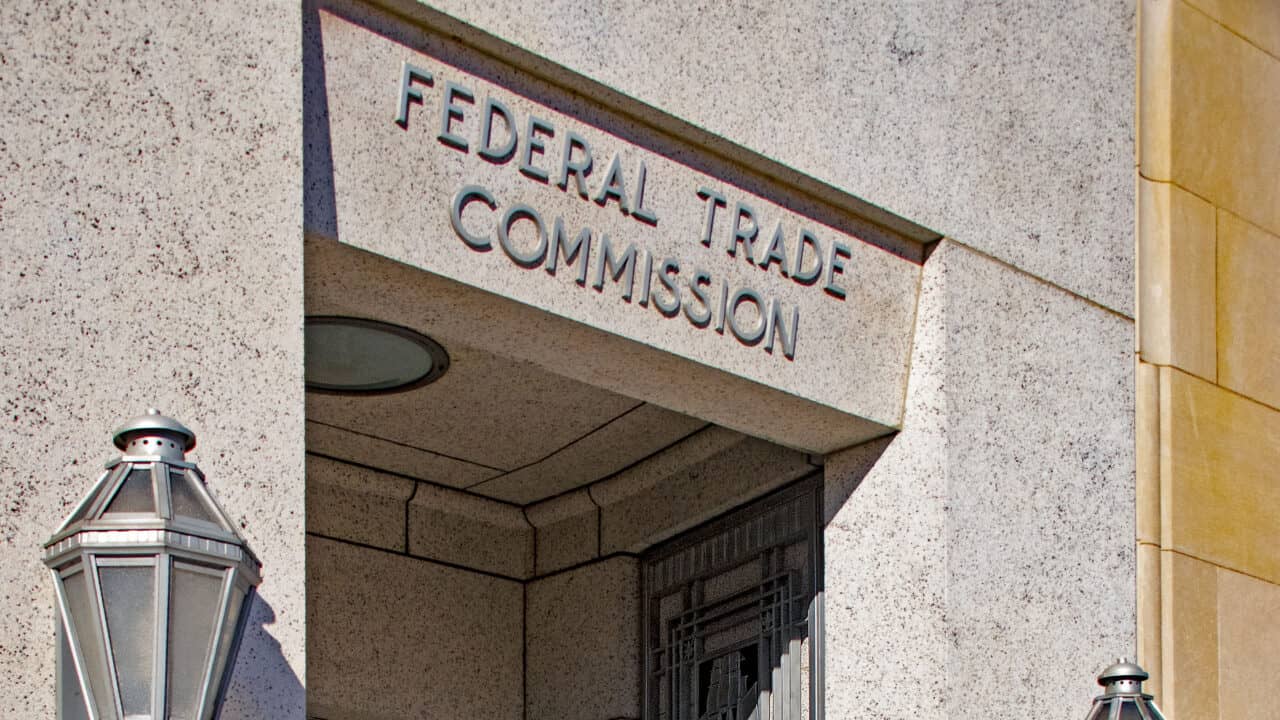 Photo by Ron Cogswell on Flickr is licensed under CC BY 2.0: https://bit.ly/3LFHOcK
Photo by Ron Cogswell on Flickr is licensed under CC BY 2.0: https://bit.ly/3LFHOcK
In November 2022, tens of millions of fans attempted to buy tickets for pop star Taylor Swift’s forthcoming tour on the American ticketing platform Ticketmaster. Due to technological issues and the basic nature of supply and demand, large numbers of fans were unable to purchase tickets.
Spurned “Swifties” are up in arms against Ticketmaster and its parent company LiveNation, filing a class-action lawsuit and agitating for an antitrust crackdown against the company. Congress is paying attention – in January, the Senate Antitrust Subcommittee held a hearing examining competition issues in the ticketing market.
To that end, Reps. Bill Pascrell (D-N.J) and Frank Pallone (D-N.J.) have introduced the “BOSS and SWIFT Act,” legislation that expands the Federal Trade Commission’s (FTC) power to the detriment of consumers. While Congress continues to examine competition in the ticketing market, conservatives should reject bills that give the Biden Administration more power over the economy.
Rep. Bill Pascrell (D-N.J.) originally introduced the BOSS Act in 2009 and has reintroduced the bill several times since then, most recently in the 117th Congress. Even though lawmakers have had nearly 15 years to examine the BOSS Act, the bill has never garnered a Republican cosponsor or a Congressional hearing since it was first introduced.
The BOSS Act and SWIFT Act gives new rulemaking authority to the Federal Trade Commission (FTC), allowing the FTC to regulate virtually every aspect of the ticketing marketplace. The bill gives the FTC the authority to regulate the prices that artists and sports teams set for their events, even if those entities want to lower prices so fans can afford to attend. This is blatant overreach that replaces market forces with top-down government regulations.
Media coverage of the Taylor Swift-Ticketmaster dustup has often cited Pearl Jam’s 1994 antitrust complaint against Ticketmaster, which led to a Department of Justice investigation into the ticketing industry that closed without action in 1995.
It is worth noting that Pearl Jam opposes the BOSS Act for several reasons as outlined in a January 2020 letter to the House Energy and Commerce Committee.
First, the BOSS Act mandates the disclosure of the total number of tickets sold for an event 7 days in advance of the on-sale date. Not only is this government micromanagement, Pearl Jam points out that “THIS HURTS CONSUMERS MORE THAN IT WILL HELP, because consumers don’t make purchasing decisions based on how many tickets are available – bulk purchasers like professional resellers do.”
Second, the BOSS Act bans non-transferable ticketing, taking a critical decision out of artists’ hands and giving it to the government. As Pearl Jam says, a non-transferability ban could backfire because “CONSUMERS NEED ARTISTS TO LIMIT SCALPING AND TICKET FRAUD to use and ensure that tickets go to fans instead of profit seekers; transfer restrictions make that possible.”
Further empowering the FTC will also backfire on conservatives – FTC Chair Lina Khan has consistently advocated for using government power to advance a progressive policy agenda. In a keynote speech to a far-left organization that claims the “free market is dead,” Khan lamented that the government does not do enough to shape “economic outcomes” and attacked the free market as a “product of metaphysical forces.” FTC Commissioner Rebecca Kelly Slaughter has called for a “diversity, inclusion, and anti-racist” antitrust agenda.
Congress will continue examining proposals that address competition in the ticketing industry. One thing is for certain – Republicans should oppose efforts like the BOSS Act that further empower the FTC, as doing so would backfire on consumers and conservatives alike.

